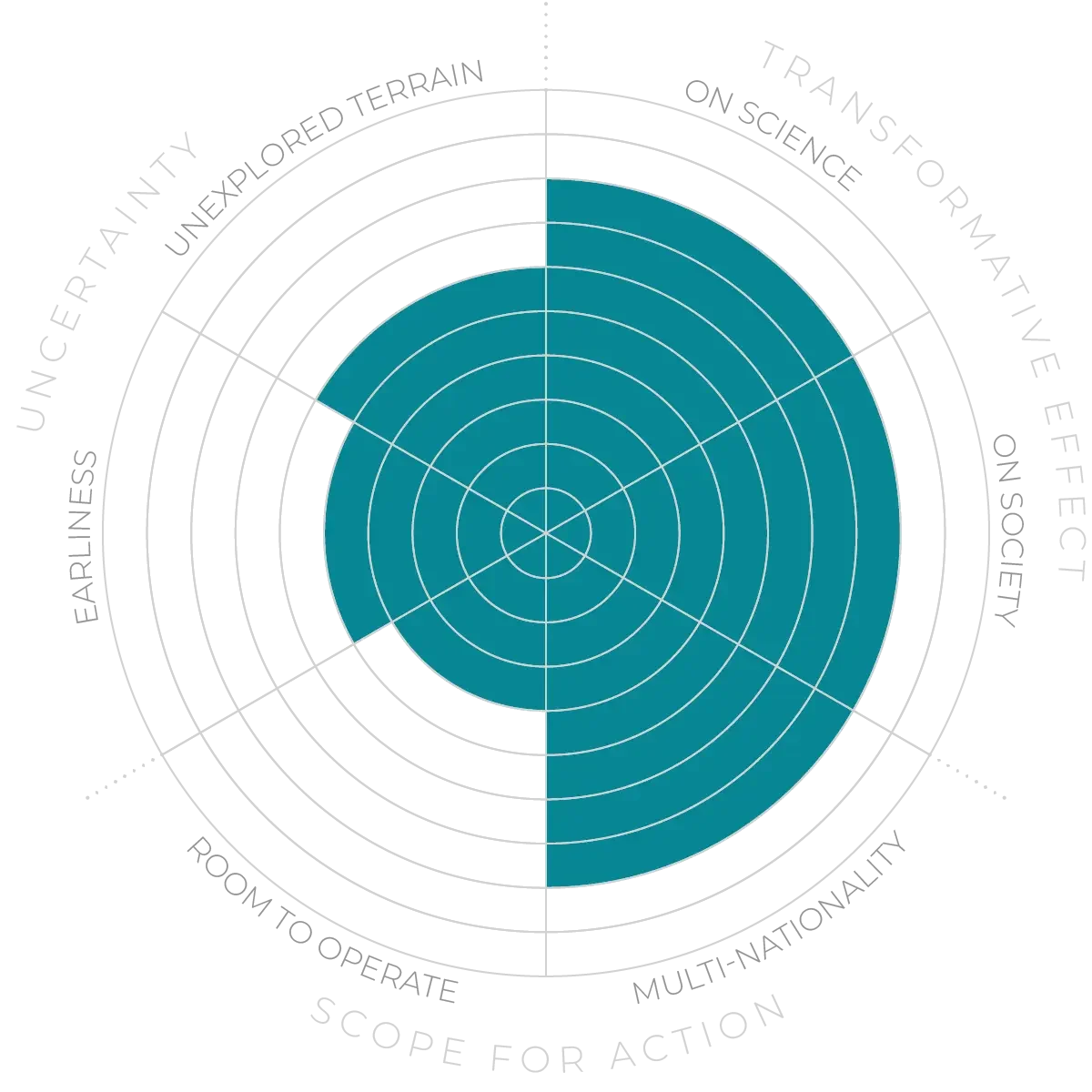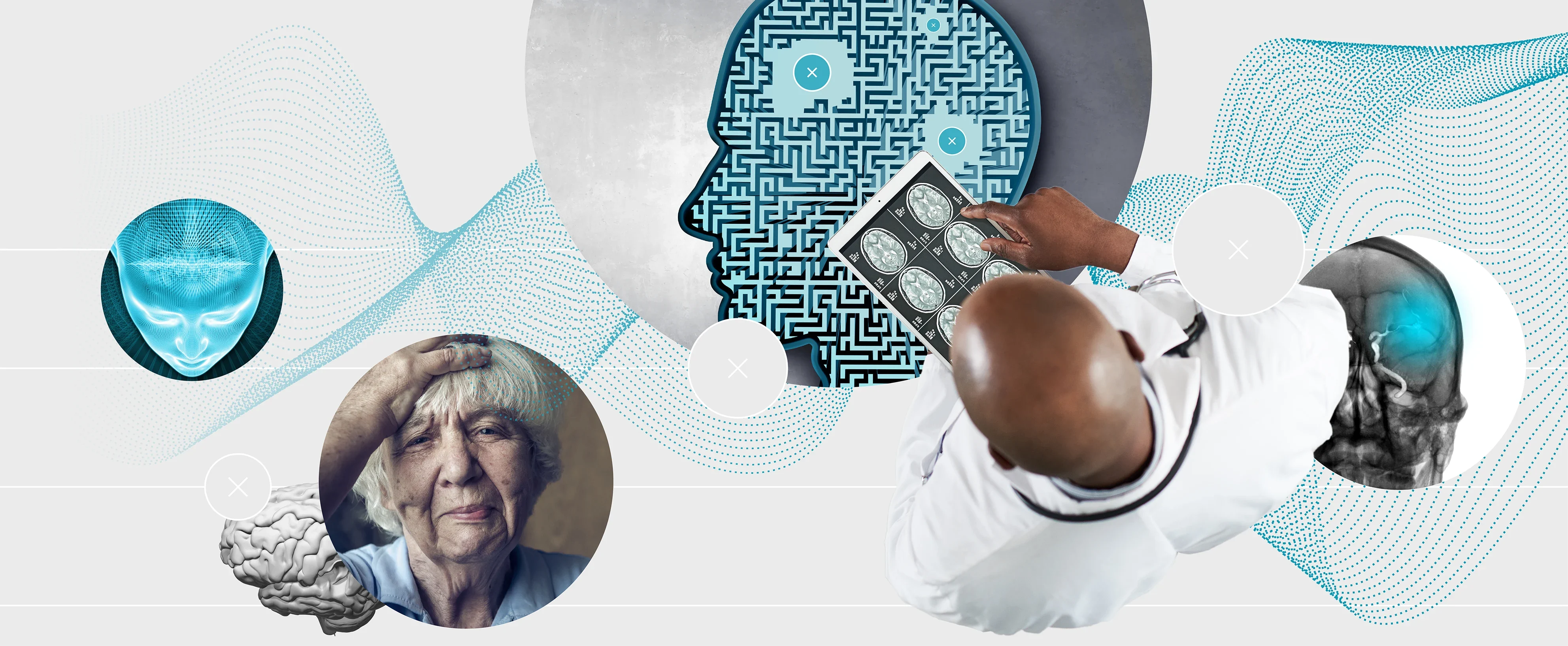Future Horizons:
10-yearhorizon
Efforts to build a digital twin of the brain accelerate
25-yearhorizon
Digital modelling improves intervention outcomes
It is now clear that cognitive processes are dynamic and distributed, making them extremely difficult not only to investigate but also to model.6 However, researchers are beginning to unify insights across species and scales — from synaptic plasticity to network-level population dynamics — and are moving beyond investigating isolated brain regions toward an understanding of integrated, systems-level frameworks.7
AI is also beginning to play an important role in developing our understanding of the brain. Researchers are using large-scale AI models to analyse massive neural datasets and to identify functions of neural systems. Deep learning can be trained to predict neural responses and develop representations similar to those in the biological brain. This approach is helping to identify the underlying mechanisms of cognition.8 Meanwhile, generative AI systems are able to reconstruct images and speech directly from brain activity, offering a potential window into internal thought processes and new avenues for restoring communication.
A more ambitious goal is the creation of a functional digital twin of the brain.9 This would be a high-fidelity computational model focused on the brain’s information processing rather than its precise physical structure. Achieving this requires the analysis and fusion of high-resolution neural data from many experiments and individuals to build a predictive model capable of running in silico experiments on brain behaviour. Achieving this could dramatically accelerate the research and development of neural therapies.
A better understanding of human cognition, which is extremely data- and energy-efficient, could also lead to more efficient AI systems built by mimicking the brain’s architecture. Such “neuromorphic” computing systems are being developed for two key areas. The first is heterogeneous computing, where energy-efficient neuromorphic chips handle specific tasks within conventional devices. The second, and potentially more impactful, is “edge” computing, enabling powerful AI to run on small, portable devices without relying on the cloud.10
Fundamentals of cognition - Anticipation Scores
The Anticipation Potential of a research field is determined by the capacity for impactful action in the present, considering possible future transformative breakthroughs in a field over a 25-year outlook. A field with a high Anticipation Potential, therefore, combines the potential range of future transformative possibilities engendered by a research area with a wide field of opportunities for action in the present. We asked researchers in the field to anticipate:
- The uncertainty related to future science breakthroughs in the field
- The transformative effect anticipated breakthroughs may have on research and society
- The scope for action in the present in relation to anticipated breakthroughs.
This chart represents a summary of their responses to each of these elements, which when combined, provide the Anticipation Potential for the topic. See methodology for more information.



